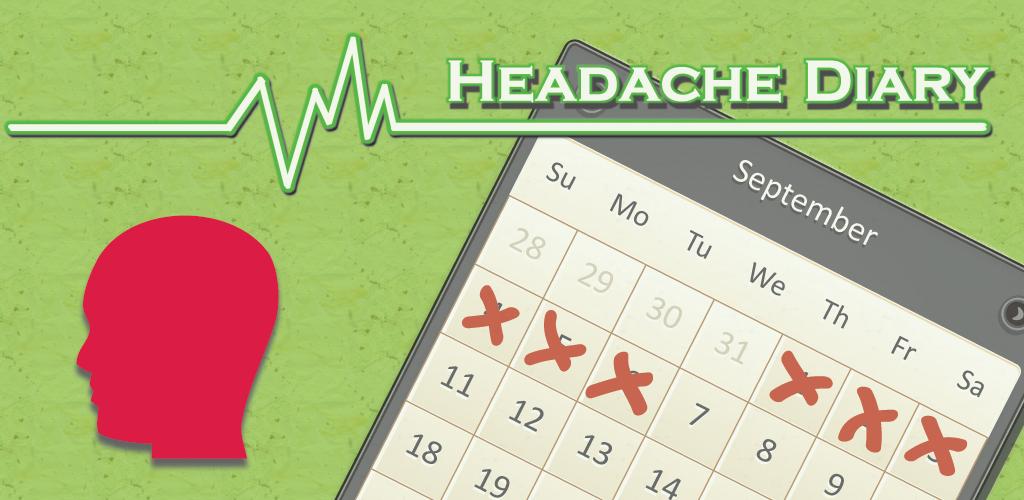Headaches are a common problem that can be caused by a variety of factors, including stress, dehydration, and illness. However, there are certain signs that your headache may not be normal and require medical attention. Here are five signs to look out for:
- Severe pain: If you experience a sudden and severe headache, it could be a sign of a serious condition, such as a ruptured aneurysm or meningitis. Seek medical attention immediately if you experience the worst headache of your life.
- Changes in vision: If you experience changes in vision, such as blurriness or double vision, along with your headache, it could be a sign of a migraine or other neurological condition. Seek medical attention if your headache is accompanied by changes in vision.
- Numbness or tingling: If you experience numbness or tingling in your face, arms, or legs, along with your headache, it could be a sign of a stroke. Seek medical attention immediately if you experience these symptoms.
- Fever: If you have a fever along with your headache, it could be a sign of an infection or other medical condition. Seek medical attention if your headache is accompanied by a fever.
- Headache after a head injury: If you experience a headache after a head injury, it could be a sign of a concussion or other serious condition. Seek medical attention if you have a headache after a head injury.
In general, if you have any concerns about your headache or if it is causing significant pain or disruption to your daily life, it is always best to seek medical attention to determine the cause and receive appropriate treatment.
6. Neck stiffness: If you experience a headache along with a stiff neck, it could be a sign of meningitis or another infection. Seek medical attention immediately if you have a stiff neck and a headache.
7. Vomiting: If you experience vomiting along with your headache, it could be a sign of a migraine or other neurological condition. Seek medical attention if your headache is accompanied by vomiting.
8. Worsening or persistent headache: If your headache is getting worse over time or is not going away, it could be a sign of a more serious condition. Seek medical attention if your headache is persistent or worsening.
9. Confusion or difficulty speaking: If you experience confusion or difficulty speaking, along with your headache, it could be a sign of a stroke or other neurological condition. Seek medical attention immediately if you experience these symptoms.
10. Headache with other symptoms: If your headache is accompanied by other symptoms, such as dizziness, weakness, or seizures, it could be a sign of a serious condition. Seek medical attention immediately if you have a headache with other symptoms.
Why keep a headache diary?

Keeping a headache diary can be a useful tool for people who suffer from frequent headaches or migraines. By tracking details about each headache episode, such as the time of day it occurred, the duration, the severity, any triggers that may have preceded it, and the medication or remedies used for relief, people can gain valuable insights into their headache patterns and identify potential triggers or patterns.
A headache diary can also help people communicate more effectively with their healthcare provider, providing them with a detailed record of the frequency and severity of their headaches, as well as the effectiveness of different treatments. This can lead to more accurate diagnoses and more personalized treatment plans.
Overall, keeping a headache diary can help people better understand their headaches and take control of their condition by identifying triggers, tracking treatment effectiveness, and communicating more effectively with their healthcare provider.




